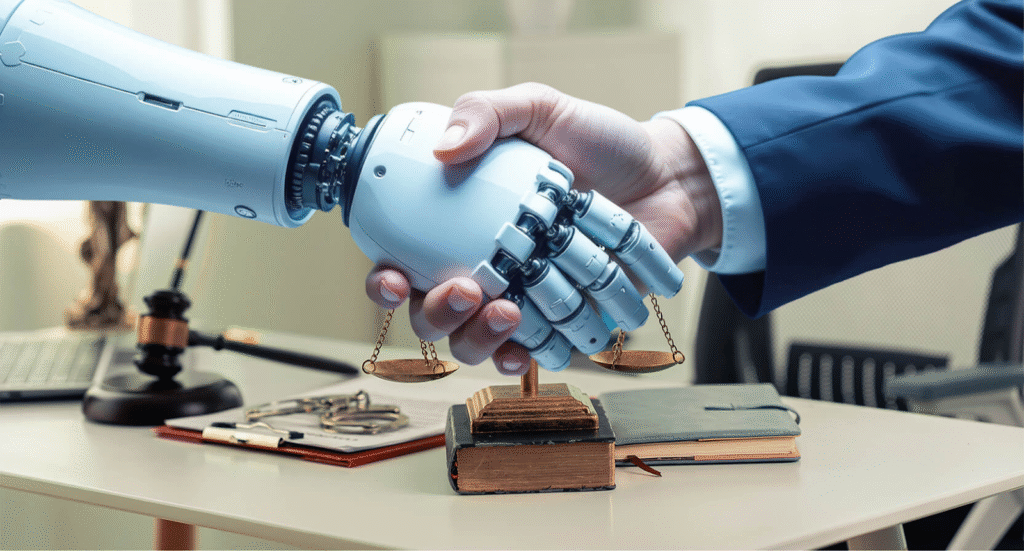In today’s rapidly shifting landscape, societies face challenges that were unimaginable just a few decades ago. Technology, globalization, and environmental concerns create complexities requiring innovative approaches. This is where modern legal solutions step forward, acting as both shield and compass in navigating uncharted territory.

Adapting Law to Contemporary Needs
The beauty of law lies in its adaptability. As new dilemmas emerge—ranging from data privacy breaches to climate accountability—legal systems evolve to respond effectively. By embracing law for new issues, legislators and courts ensure that citizens remain protected, businesses remain accountable, and justice remains relevant. A flexible system allows societies to thrive in the face of transformation.
Technology and the Digital Sphere
The digital revolution has redefined how we live, work, and connect. Yet, it also introduces risks: identity theft, cyberbullying, intellectual property violations, and algorithmic discrimination. These demand fresh frameworks of legal problem solving. Cybersecurity laws, online safety regulations, and cross-border agreements reflect solutions through law that safeguard digital spaces without stifling innovation.
Environmental Protection Through Law
The planet is under stress, and legal systems have become crucial tools in addressing ecological crises. Pollution control, sustainable resource management, and climate responsibility now form part of modern legal solutions. Courts are increasingly holding corporations and even governments accountable for environmental negligence. This evolution illustrates how solutions through law protect not only individuals but also the planet we all share.
Equality and Human Rights
Modern times demand vigilance in upholding fairness. Discrimination based on race, gender, religion, or orientation continues to challenge societies. Yet, law for new issues provides frameworks to combat inequality, empower marginalized groups, and uphold human dignity. From workplace protections to international human rights treaties, these mechanisms represent resilience and moral progress embedded in legal design.
Business and Globalization
Businesses now operate in an interconnected world where cross-border trade, international contracts, and multinational employment norms prevail. This complexity demands legal problem solving that extends beyond domestic borders. International arbitration, trade agreements, and compliance standards exemplify modern legal solutions that encourage economic growth while protecting fairness and integrity in global commerce.
Healthcare and Bioethics
The medical field presents dilemmas previously reserved for science fiction. Genetic testing, cloning, and artificial intelligence in healthcare create uncharted ethical terrain. By applying law for new issues, societies balance innovation with ethical responsibility. Regulations surrounding informed consent, patient data confidentiality, and medical research safeguards highlight how solutions through law can ensure that progress does not compromise human values.
Workplace Evolution
Work itself has transformed. Remote employment, gig economy structures, and automation challenge traditional labor frameworks. Here, modern legal solutions ensure fair wages, safe working conditions, and the protection of workers’ rights in unconventional employment models. By embracing legal problem solving, societies shield workers from exploitation while fostering innovation in how we approach productivity and labor relations.
Criminal Justice in Modern Times
Crime too has evolved with technology and shifting social patterns. Cybercrime, financial fraud, and online harassment illustrate modern criminal challenges. To address these, justice systems employ law for new issues, such as electronic evidence protocols, international collaboration on cyber threats, and victim protection mechanisms. These represent solutions through law that keep pace with sophisticated offenders.
The Role of Education
For the public to truly benefit from advancements, legal literacy is essential. Teaching individuals about modern legal solutions empowers them to navigate disputes, contracts, and conflicts with confidence. Schools, universities, and community organizations increasingly prioritize legal problem solving in their curricula, ensuring that future generations are equipped to handle challenges with clarity.
Access to Justice
Legal progress means little without accessibility. Affordable legal aid, online legal resources, and simplified dispute resolution methods represent solutions through law designed for inclusivity. This ensures that justice is not reserved for the privileged few but remains within reach of all. By focusing on fairness, societies elevate trust in their legal systems and strengthen community bonds.
International Cooperation
Global problems require global answers. Climate change, pandemics, and human trafficking cannot be tackled in isolation. Collaborative treaties and transnational frameworks embody law for new issues at an international level. By pursuing modern legal solutions beyond borders, nations not only solve pressing concerns but also foster peace and solidarity.
Everyday Relevance
The law is not only a tool for governments or corporations—it touches daily lives. From securing a safe rental contract to ensuring digital privacy, legal problem solving guides everyday decision-making. Recognizing the role of solutions through law allows individuals to live with greater security, clarity, and empowerment in a complex world.





